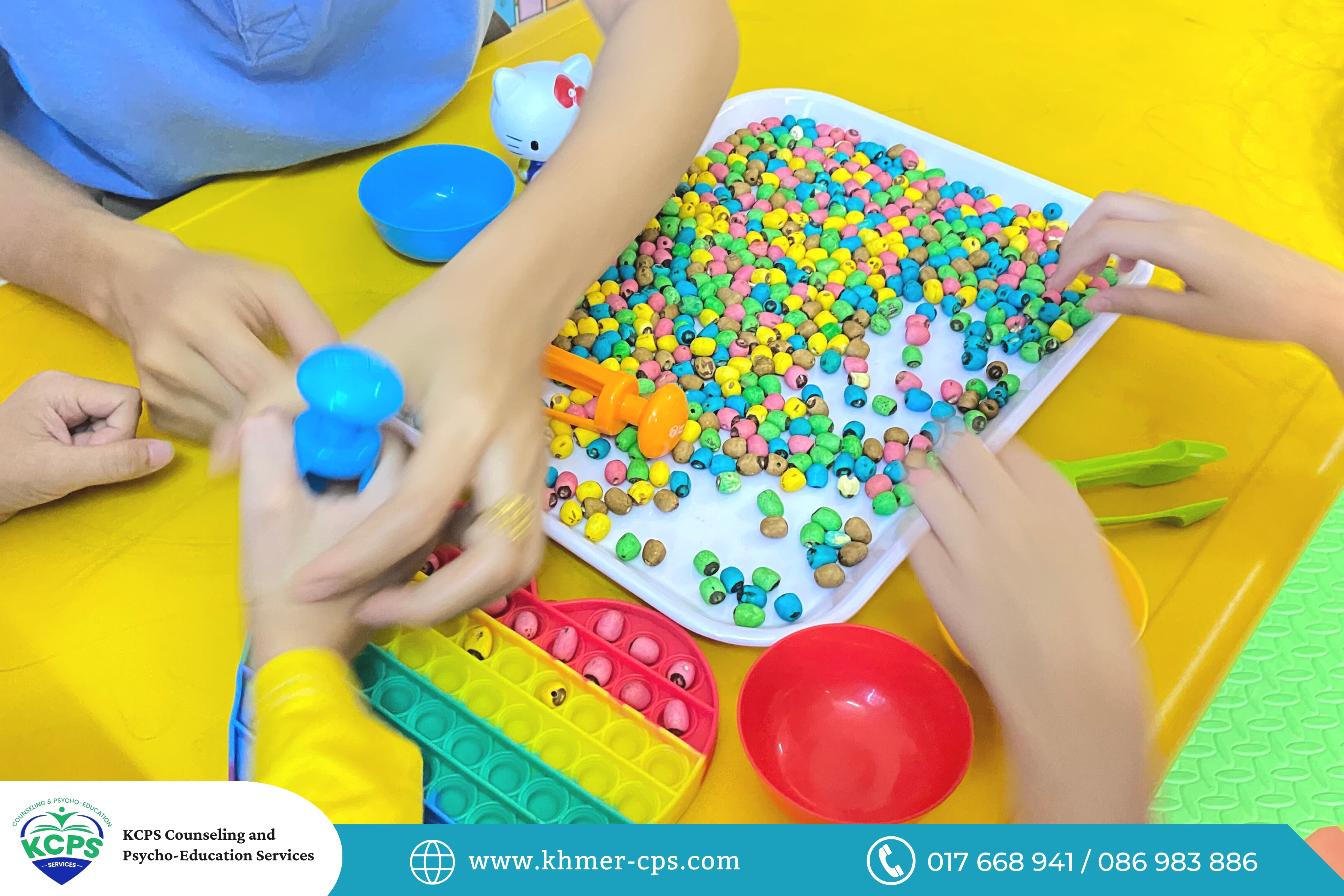From birth through to early childhood, children use their senses to explore and try to make sense of the world around them. They do this by touching, tasting, smelling, seeing, moving and hearing.
Young brains are driven to seek out new experiences and learn new things. New sensations and experiences are fuel for brain growth.

Why is sensory play such as finger-painting, play dough, sand, mud, and etc important to a child’s development?
When engaged in sensory play children use all of their senses. It promotes sensory integration which is the ability of the body to integrate and process all of the information it receives via the sensory modalities of touch, taste, smell, hearing, and vision. As children pour, dump, build, scoop, and explore they are learning about spatial concepts (full, empty). They learn pre-math concepts along with language and vocabulary. Messy play can be calming to children. It is not just about making a mess and getting dirty; it is an essential component to learning that encourages exploration and discovery through play.
Here’s why sensory play is so crucial for your child’s brain development:
- Combining the sense of touch with vision, hearing, taste, and smell helps build cognitive skills.
- Young children learn by using multiple senses simultaneously.
- Sensory play is the foundation of all the skills children will use in school as they learn to read, write, and solve math problems.
Sensory Activities and Toys to Help Your Young Child’s Brain Development

 ភាសារខ្មែរ
ភាសារខ្មែរ
 English
English